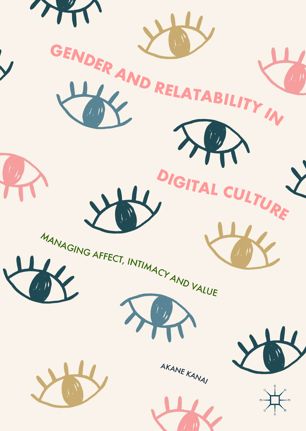

Most ebook files are in PDF format, so you can easily read them using various software such as Foxit Reader or directly on the Google Chrome browser.
Some ebook files are released by publishers in other formats such as .awz, .mobi, .epub, .fb2, etc. You may need to install specific software to read these formats on mobile/PC, such as Calibre.
Please read the tutorial at this link: https://ebookbell.com/faq
We offer FREE conversion to the popular formats you request; however, this may take some time. Therefore, right after payment, please email us, and we will try to provide the service as quickly as possible.
For some exceptional file formats or broken links (if any), please refrain from opening any disputes. Instead, email us first, and we will try to assist within a maximum of 6 hours.
EbookBell Team

4.4
72 reviewsThis book explores the practices and the politics of relatable femininity in intimate digital social spaces. Examining a GIF-based digital culture on Tumblr, the author considers how young women produce relatability through humorous, generalisable representations of embarrassment, frustration, and resilience in everyday situations. Relatability is examined as an affective relation that offers the feeling of sameness and female friendship amongst young women. However, this relation is based on young women’s ability to competently negotiate the ‘feeling rules’ that govern youthful femininity. Such classed and racialised feeling rules require young women to perfect the performance of normalcy: they must mix self-deprecation with positivity; they must be relatably flawed but not actual ‘failures’. Situated in debates about postfeminism, self-representation and digital identity, this book connects understandings of digital visual culture to gender, race, and class, and neoliberal imperatives to perform the ‘right feelings’.
Gender and Relatability in Digital Culture will be of interest to students and scholars across a range of disciplines including gender studies, cultural studies, sociology, and media studies.